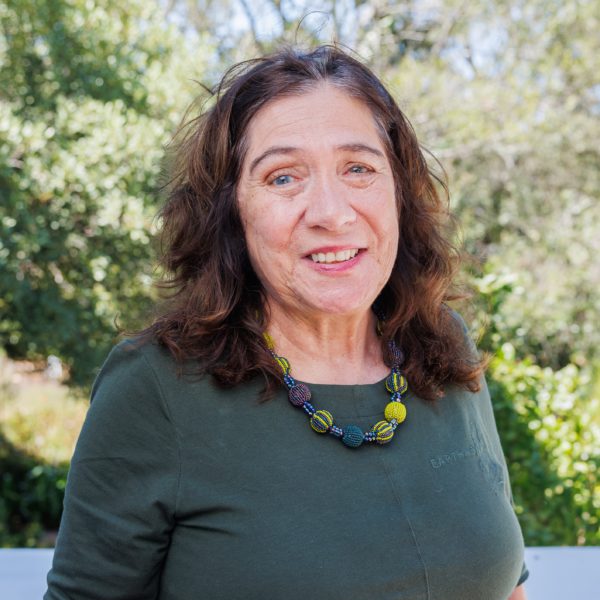Against the background of memory activism and decolonial movements in Southern Africa, much discussed since the South African #RhodesMustFall movement in 2015, this project traces the complex transfigurations of anti-colonial struggle memory, culture, and citizenship in postcolonial Namibia from the late 1990s through to the early 2020s. It draws on and connects two – ostensibly incongruent – registers of post-Independence Namibian memory politics: remembrance of political resistance and cultural reinvention in the “new nation”.
The study explores the shifting politics of memory and culture; it thus historicises collective memory itself and analyses the social dynamics of memory. While looking into the shifts in the postcolonial Namibian State’s official memory politics, the focus is on the analysis of how different generations remember the violent anticolonial conflict. Special attention is paid to the war-time memories of civilians who lived through the liberation war in rural northern Namibia (1966-1989), and to a new generation of urban Namibian activists, artists and intellectuals, who have in recent years extended the notions of memory and decolonisation. Young decolonial activists have linked their campaigns to enduring intersectional inequalities and injustices, which postcolonial Namibia inherited from its colonial–apartheid past: class inequality, racism, sexism, homophobia, and gender-based violence.
The project draws on two decades of research in northern Namibia and the Namibian capital Windhoek, where I investigated contestations of memory, commemorations, memory activism, material culture, and performance.

